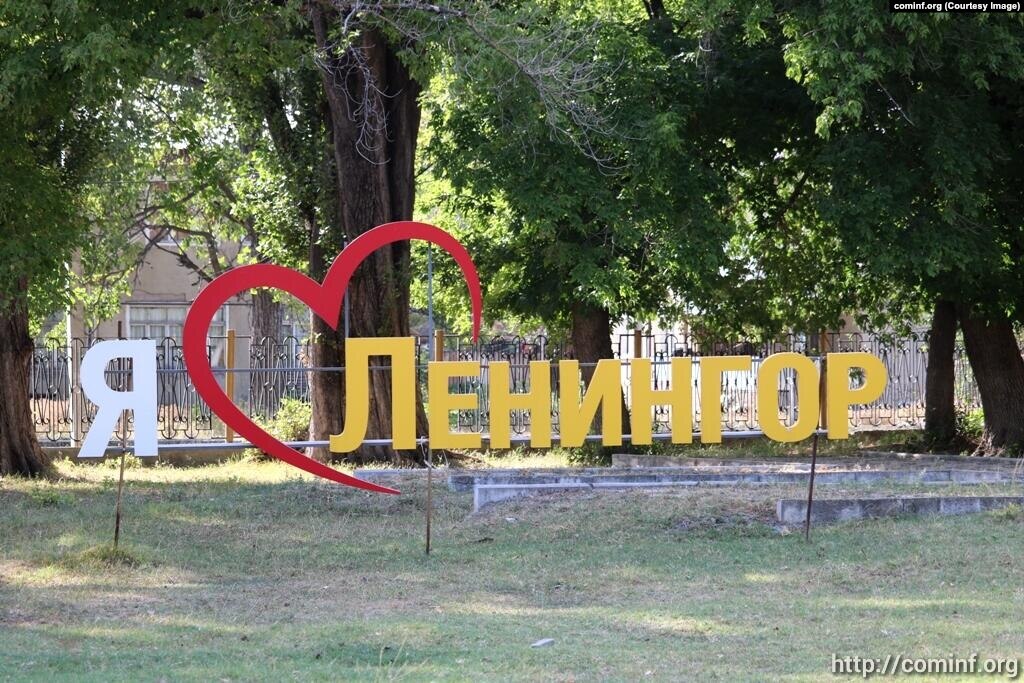
Occupied South Ossetia’s de facto authorities continue to change toponyms in order to purposefully eradicate Georgian placenames.
De facto parliament of South Ossetia adopted the law on (re-)naming geographical places on Tuesday at the session.
The head of the Committee on National Politics, Religion and Media Alan Tadtaev said at the session the new law provides for a renaming mechanism, including a survey of the local population, which will become the main basis on any decision.
“Recently, residents of the villages of Satikar and Tsinagar collected signatures and sent them to the Ministry of Justice with a request to leave them the previous names of settlements. The opinion of residents must be taken into account,” Tadtaev said.
The names of both these villages are obviously of Georgian origin (“Satikhari” and “Tsinagari”, respectively). After the renaming, the former was named as “Dikhuista”, and the latter as “Amdzarin”.
The process of changing names intensified after the 2008 war. In October 2010, the villages of Zonkari and Eredvi were renamed, respectively, as “Tsadykhau” and “Irykhau”.
On April 27, 2020, former de facto president of South Ossetia, Anatoly Bibilov issued a decree “On the use of the name “city of Stalinir”,” in which, when carrying out events related to Warld War 2, the toponym “Stalinir” is used along with the name of Tskhinval.
The most important toponymical change is still related to Akhalgori, which before the 2008 war was mainly inhabited by ethnic Georgians and even now they make up a significant part.
In Soviet times, in early 1930s, the Bolsheviks changed the name of the settlement, which is a home of the residence of one of the most powerful aristocratic families of Georgia, the Eristavs of Ksani, to “Leningori”, after Soviet leader Vladimir Lenin.
In the wake of collapse of the Soviet Union, the old name was returned to it, but after 2008 war, when the Russian army occupied the entire Akhalgori municipality, Soviet placename was restored.

